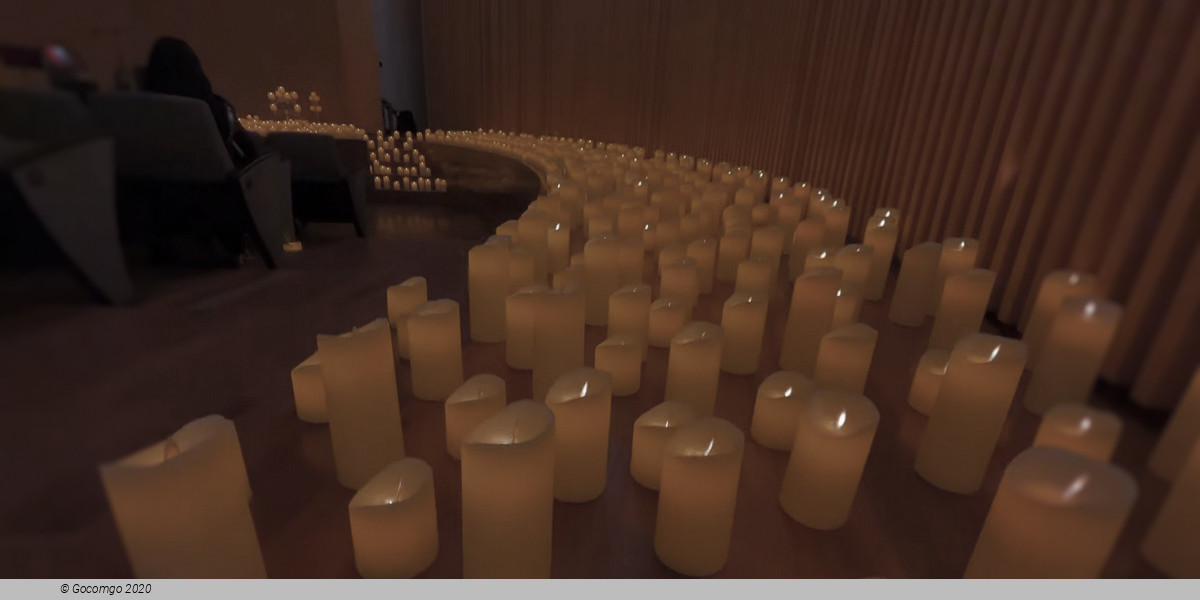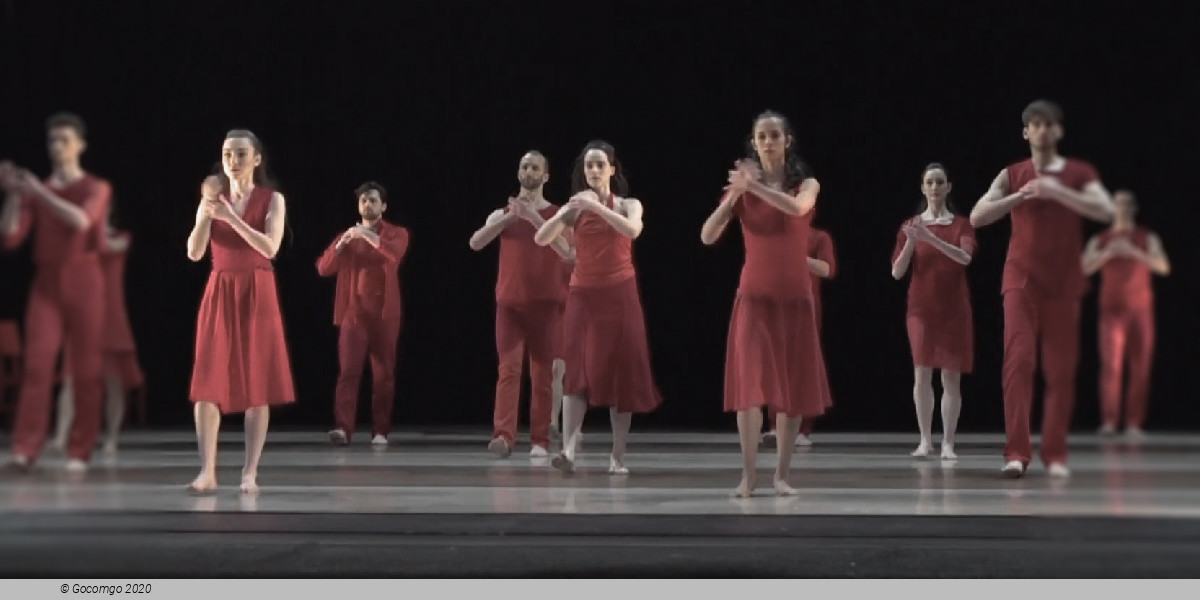Events139 results
About
Antonio Lucio Vivaldi was an Italian Baroque musical composer, virtuoso violinist, teacher, and priest. Born in Venice, the capital of the Venetian Republic, he is regarded as one of the greatest Baroque composers, and his influence during his lifetime was widespread across Europe. He composed many instrumental concertos, for the violin and a variety of other instruments, as well as sacred choral works and more than forty operas. His best-known work is a series of violin concertos known as the Four Seasons.
Many of his compositions were written for the all-female music ensemble of the Ospedale della Pietà, a home for abandoned children. Vivaldi had worked there as a Catholic priest for 1 1/2 years and was employed there from 1703 to 1715 and from 1723 to 1740. Vivaldi also had some success with expensive stagings of his operas in Venice, Mantua and Vienna. After meeting the Emperor Charles VI, Vivaldi moved to Vienna, hoping for royal support. However, the Emperor died soon after Vivaldi's arrival, and Vivaldi himself died, in poverty, less than a year later.
Style and influence
Vivaldi's music was innovative. He brightened the formal and rhythmic structure of the concerto, in which he looked for harmonic contrasts and innovative melodies and themes. Many of his compositions are flamboyantly, almost playfully, exuberant.
Johann Sebastian Bach was deeply influenced by Vivaldi's concertos and arias (recalled in his St John Passion, St Matthew Passion, and cantatas). Bach transcribed six of Vivaldi's concerti for solo keyboard: three for organ, and one for four harpsichords, strings, and basso continuo (BWV 1065) based upon the concerto for four violins, two violas, cello, and basso continuo (RV 580).
Works
A composition by Vivaldi is identified by RV number, which refers to its place in the "Ryom-Verzeichnis" or "Répertoire des oeuvres d'Antonio Vivaldi", a catalog created in the 20th century by the musicologist Peter Ryom.
Le quattro stagioni (The Four Seasons) of 1723 is his most famous work. Part of Il cimento dell'armonia e dell'inventione ("The Contest between Harmony and Invention"), it depicts moods and scenes from each of the four seasons. This work has been described as an outstanding instance of pre-19th century program music.
Vivaldi wrote more than 500 other concertos. About 350 of these are for solo instrument and strings, of which 230 are for violin, the others being for bassoon, cello, oboe, flute, viola d'amore, recorder, lute, or mandolin. About forty concertos are for two instruments and strings, and about thirty are for three or more instruments and strings.
As well as about 46 operas, Vivaldi composed a large body of sacred choral music. Other works include sinfonias, about 90 sonatas and chamber music.
Some sonatas for flute, published as Il Pastor Fido, have been erroneously attributed to Vivaldi, but were composed by Nicolas Chédeville.




